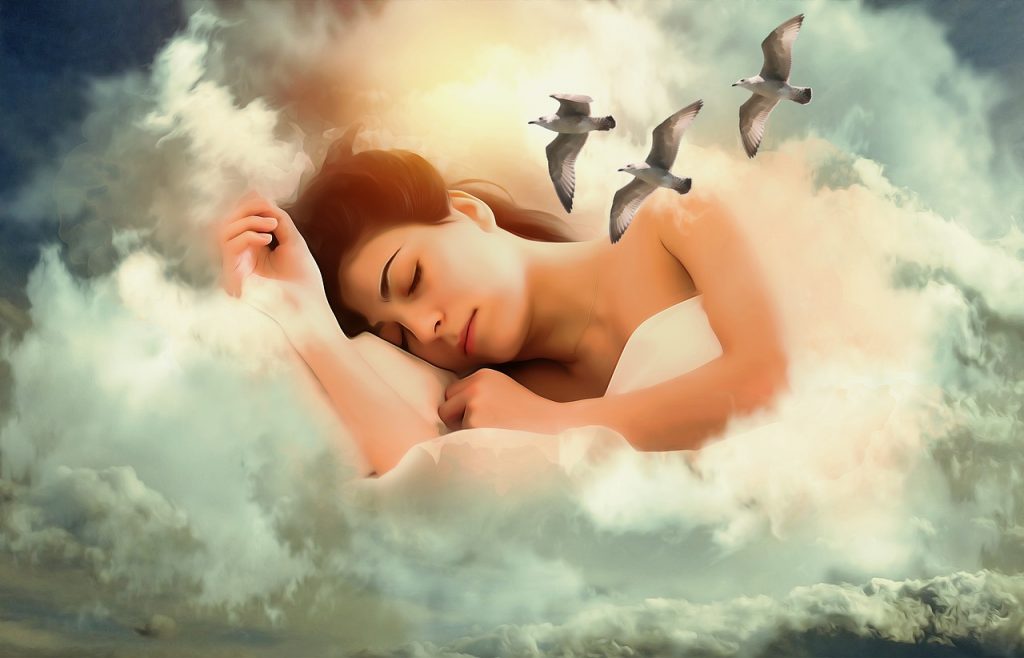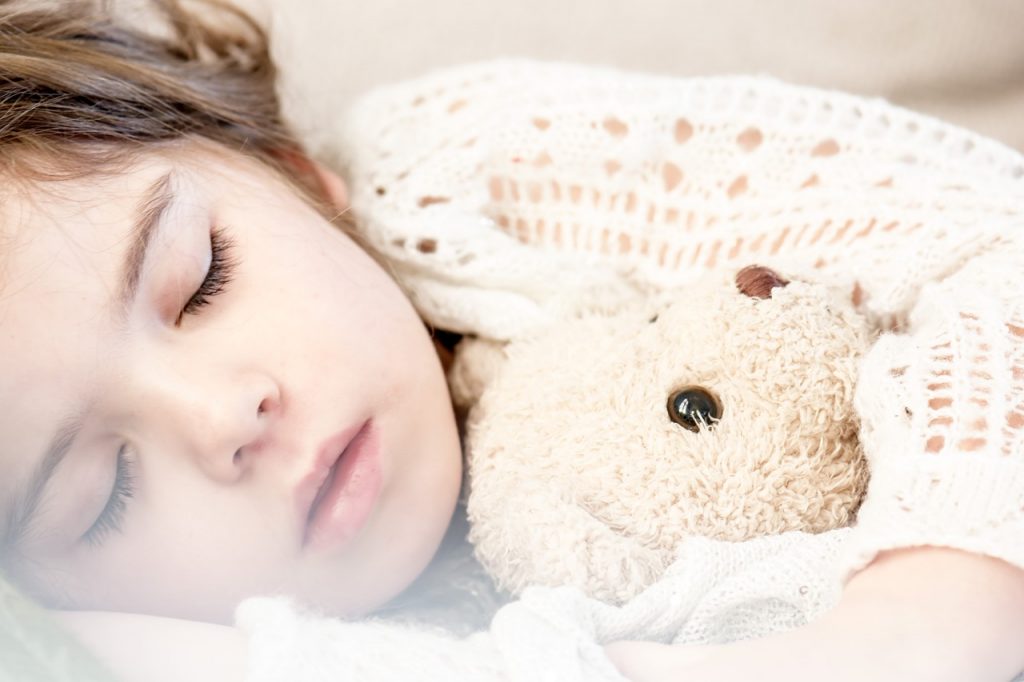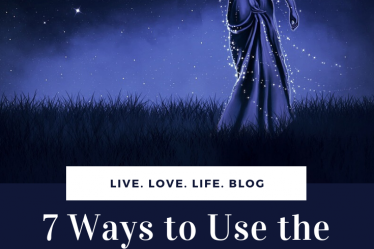Why do you dream?
The precise function of dreaming when we sleep is still a matter of disputation among scientists and dream researchers. One accepted theory holds that dreams are a way for the subconscious mind to rinse out itself and make sense of the sensory inputs gotten during the daytime where you were awake. Another accepted theory is that dreams are a sort of let go valve. For example, a lot of people hold back or repress their feelings of anger and dislike during the day. The theory says that dreams are a practical and safe outlet for those repressed feelings to be express.
Can dreams tell the future?
At the same time as many people feel that their dreams can tell the future, there is no scientific proof that dreams are foretelling. What a lot of people mistake for prediction may actually be the fact that the subconscious mind notices things that go totally unnoticed by the conscious mind. When you sleep and dream, the stuff noticed by the subconscious mind is included in the dream, and you may notice many things you missed during the day. These unnoticed clues may be misinterpreted as predictions of what is to come in the future, but in fact, they were just missed clues to present events.
Do you dream every night?


Yes, you do dream every night, whether you can remember your dreams or not. The dreams that you most likely can remember are the ones that take place closest to wake.
How many dreams do you have in a night?
On average you have between four and seven dreams per night. And 15% to 20% of the typical night is spent sleeping, and consequently, an eight hour night of sleep will have up to two hours of dreaming in it.
The stages of your sleep
It takes you anywhere from 30 to 90 minutes to reach a sleep state, that is deep enough for dreaming. In the final and deepest stage of your sleep you will cycle in and out of REM sleep. The average session of REM sleep lasts from 10 to 20 minutes, after which you cycle back into the deepest stage of sleep. And then after a while, you will reenter REM sleep again. Each session of REM sleep will contain its own unique dream.
Do children dream about themselves?


The interesting thing to note here is that children normally do not dream about themselves until they reach the age of three. Children younger than three are not characters in their own dreams. This may explain why most children do not develop a strong sense of self until the age of three.
Do children’s dreams have the same meaning as adult dreams?
In most cases, dreams are a reflection of your concerns and experience of the awake and conscious world. Because those concerns and experiences are different in children than in adults, the differences are most likely reflected in the child’s dream as well.
Studies have shown that the dreams of young children do not have either strong emotional content or a real storyline. A child between the age of 3 and 7 are frequently troubled by nightmares. These nightmares are often reflections of their own real-world fears. Like noises, monsters, and so on. The dreams of older children or teenagers very much match those experienced by adults.
Do you remember your dreams, or do you forget them right after waking up? Are dreams a kind of predictions of the future, or do you think that dream is just a dream and nothing more?



